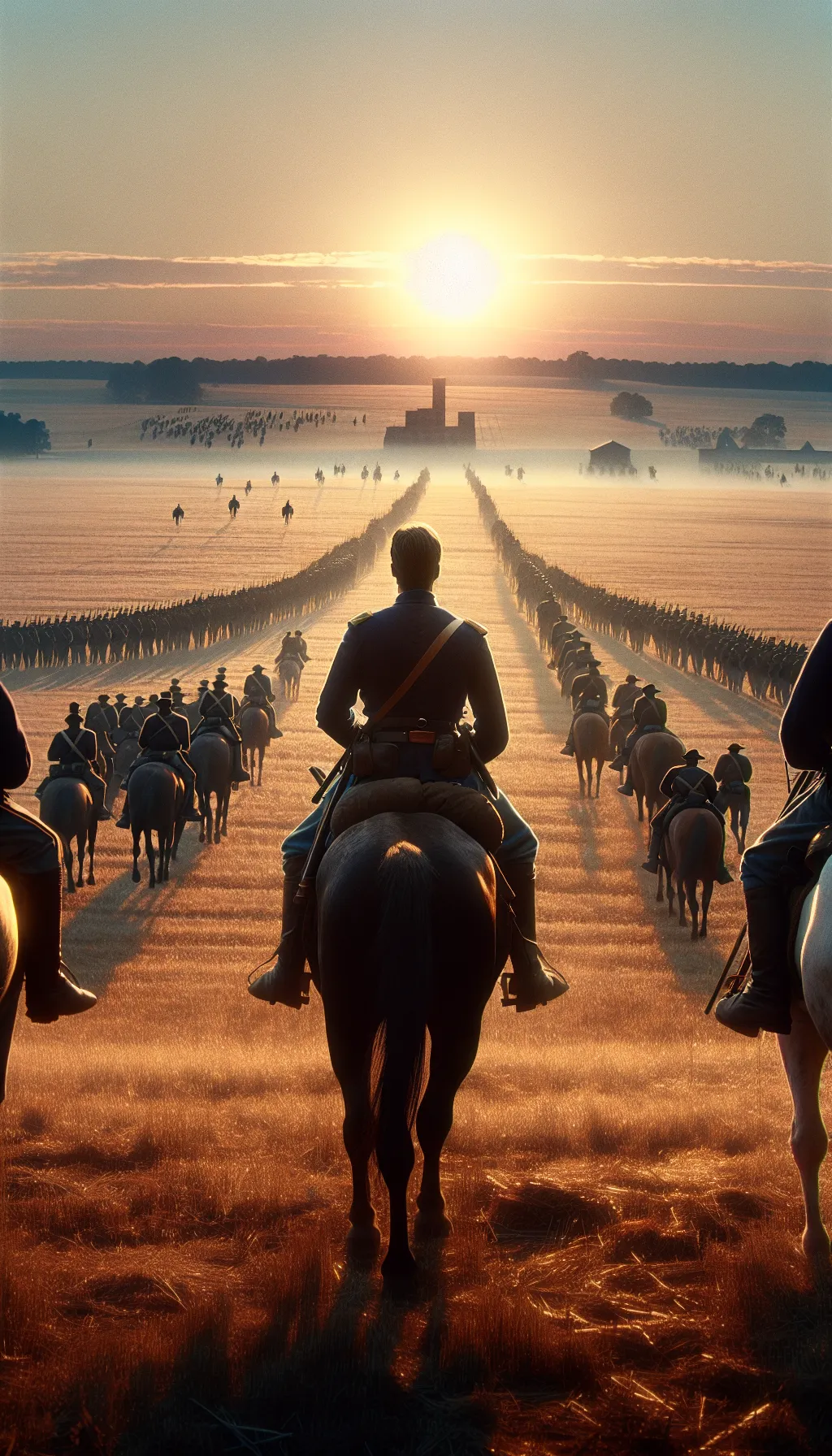Louisiana – The Stand at Mansfield – April 8, 1864
TLDR;
- Event: The Battle of Mansfield on April 8, 1864, marked a decisive Confederate victory during the Union’s Red River Campaign in Louisiana.
- Key Figures: Confederate General Richard Taylor, leveraging terrain knowledge, outmaneuvered Union Major General Nathaniel P. Banks’ forces.
- Outcome: The Union’s chaotic retreat and subsequent failure at Pleasant Hill crippled the Red River Campaign, maintaining Confederate control in western Louisiana.
- Legacy: Despite its tactical success, the battle had limited impact on the overall Civil War, highlighting the Trans-Mississippi theater’s strategic challenges.
–
Story
The air was thick with tension as the sun rose over the fields of Mansfield, Louisiana. On April 8, 1864, the stage was set for a confrontation that would determine the fate of the Union’s ambitious Red River Campaign. Confederate General Richard Taylor, son of former U.S. President Zachary Taylor, stood resolute, his forces ready to defend their territory against the advancing Union army.

The Union, under the command of Major General Nathaniel P. Banks, had embarked on the Red River Campaign with the goal of capturing Shreveport, the de facto Confederate capital and military headquarters of Louisiana, seizing Confederate cotton supplies, disrupting trade routes, and establishing Union control over northern Louisiana and East Texas. The campaign was part of a larger strategy to cut off Texas from the rest of the Confederacy. However, the Union forces were stretched thin, their supply lines vulnerable, and their confidence wavering.
As the Union troops advanced, they were met with fierce resistance. General Taylor, utilizing his intimate knowledge of the terrain, orchestrated a masterful defense. His troops, roughly matching or even slightly outnumbering the Union vanguard at Mansfield itself due to Banks’ stretched-out column, were determined and well-positioned. The battle raged throughout the day, with the Confederates launching a series of aggressive counterattacks that caught the Union forces off guard.
The turning point came when Taylor’s men, driven by a fierce resolve to protect their homeland, broke through the Union lines. The Union soldiers, overwhelmed and disorganized, began a chaotic retreat. By the end of the day, the Confederate victory was decisive. The Union attempted to regroup at Pleasant Hill the next day, but the Red River Campaign was severely crippled, ultimately failing and securing Confederate control in western Louisiana for months.
The Battle of Mansfield was a testament to the strategic acumen of General Taylor and the tenacity of his troops. It was a major tactical Confederate victory that showcased Taylor’s leadership but did not significantly alter the wider war’s outcome, preserving Confederate control in western Louisiana and delaying Union plans in the Trans-Mississippi theater.
–
| Would a different strategy have changed the outcome of the Red River Campaign? |